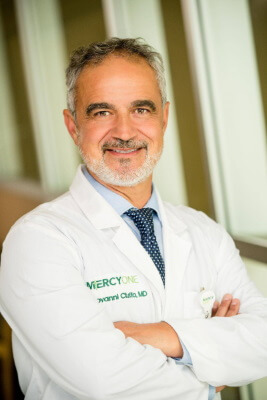Open heart surgery is one of the most invasive and stressful procedures doctors perform. Emotional side effects of open-heart surgery are to come after the procedure. In open-heart surgery, the heart is exposed for major repairs, a long incision in the chest is made, the breast bone is broken, and a heart-lung machine is used to pump blood in place of the heart. All of this places great stress on your body. Open heart surgery is not minimally invasive heart surgery.
Living with, and through, the physical effects of open-heart surgery can be daunting. Included are pain at the incision site, muscle pain, or throat pain. If you have chest tubes for drainage, those can also be uncomfortable. Despite the discomfort, post-surgical pain usually disappears after 6 – 8 weeks. However, other kinds of problems can linger? The emotional side effects of open-heart surgery might surprise you.

Personality and Emotional Side Effects of Open-Heart Surgery
People who have had open heart surgery report mood changes, as do people close to them. Anxiety and depression are the most commonly experienced emotions after heart surgery. Anxiety can be caused, in part, by worries about possible physical aftereffects of the surgery. Keep in mind that full recovery from open heart surgery can take up to one year.
Depression
Patients who experience depression for more than several weeks after open-heart surgery may have something more than a typical, post-surgical mood change. One way to tell is if a person has difficulty in doing simple, daily tasks, like making their bed, getting and staying properly dressed, or keeping a routine. If an individual was instructed to do certain tasks after the surgery such as exercise, are they doing them? Has the person withdrawn from contact with others, or mentioned suicide?
Strong Addictive Prescriptions
If you have been taking prescription medicine, like Oxycontin, for post-surgical pain, talk to your doctor about stopping the medication. Oxycontin is addictive and other kinds of pain killers can be too. Don’t complicate your recovery with a drug problem. It may be surprising that exercise can help your body repair itself after surgery as well as help wean you from a prescription. You won’t start with weightlifting, or anything stressful. Walking, yoga or stretching will do at first. Besides strengthening your body, exercise also releases chemicals such as hormones that make you feel good.
What to Do With the Emotional Side Effects of Open-Heart Surgery
Emotional changes after heart surgery are not uncommon, and neither are periods of irritability and fatigue. Sometimes, changes in mood can be caused by medication for surgery’s aftermath, and not the surgery itself. If mood changes persist, the first step is to speak to the doctor(s) who performed the procedure. Those doctors will have seen these kinds of post-surgical problems before. Either they can advise what kind of treatment is needed, or they can refer you to someone who can provide more insight.
Contact us About Emotional Side Effects of Open-Heart Surgery
For more information about emotional side effects of open-heart surgery, contact Ciuffio Heart Surgery. We can help.

